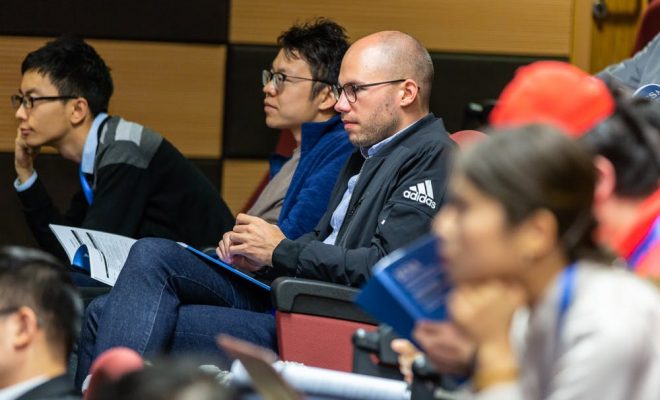Social Communication Disorder: What You Need to Know

A child with social communication disorder could have issues with managing the non-verbal aspects of communication. With a certain obliviousness to the social conventions surrounding communication (e.g., the slight pauses in between a conversation, respecting others’ space as private), people who don’t understand the intricacies of individuals with social communication disorder are likely to find them somewhat offensive.
A social communication disorder is mainly characterized by the impairment of pragmatics – the branch of linguistics that deals with how meaning is created and used in verbal and non-verbal interactions. Children with a social communication disorder or SCD aren’t impaired in general cognitive abilities or in comprehending grammar or word structure. They mainly face problems in using language in social circumstances such as sharing information, greetings, changing speech to fit different social situations, comprehending things that are implied but not stated explicitly, etc.
The symptoms of SCD become visible in early childhood. Very young children might have delays in social communication milestones such as using gestures or sounds to greet people and little interest in having social interaction. But families and teachers might not recognize those symptoms until later on. Some symptoms of SCD that can show up at any age include not giving background information when communicating with unfamiliar people, experiencing difficulty picking up on social cues such as facial expressions, not using appropriate greetings, etc.
While the exact causes of SCD aren’t clear but it often appears with other challenges and conditions. These include ADHD, autism, language disorders, and trouble with reading. Also, if there’s a family history of a specific learning disorder, communication disorders, or autism spectrum disorder, a child might be at higher risk for SCD.
There’s no specific treatment for SCD available yet, but speech and language therapy designed to improve pragmatics coupled with social training skills might be of great help to these children. Speech-language therapists may work with children on conversation skills either in small groups or one-on-one. They might utilize visuals like comic books or role-playing games. Young adults and adults might be able to find useful workshops or groups that focus on developing life skills or social skills. These programs might be run by psychologists, speech-language therapists, college counselors, vocational counselors, and social workers.
If a child has SCD, there’re several steps that parents can take at home. These include – reading a book with the child and asking open-ended questions to promote discussion, talking about what the characters in the book might be thinking and why, playing ‘what’s next’ during reading, etc.






